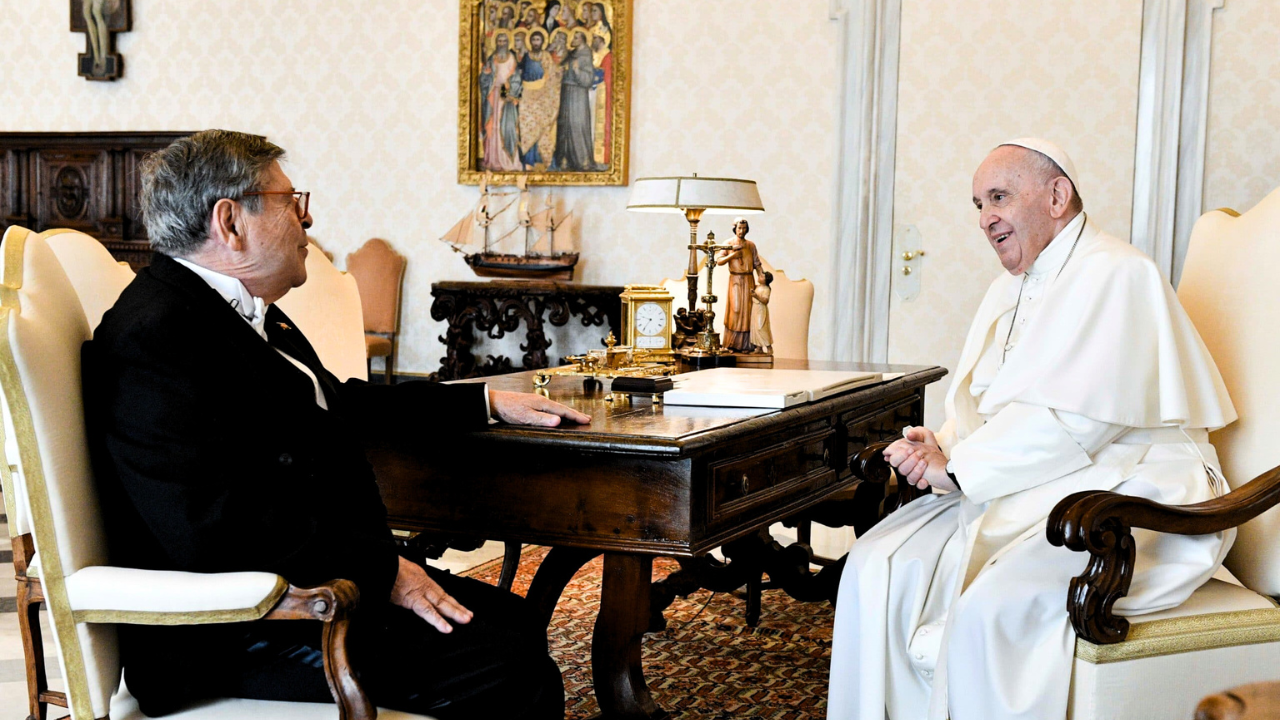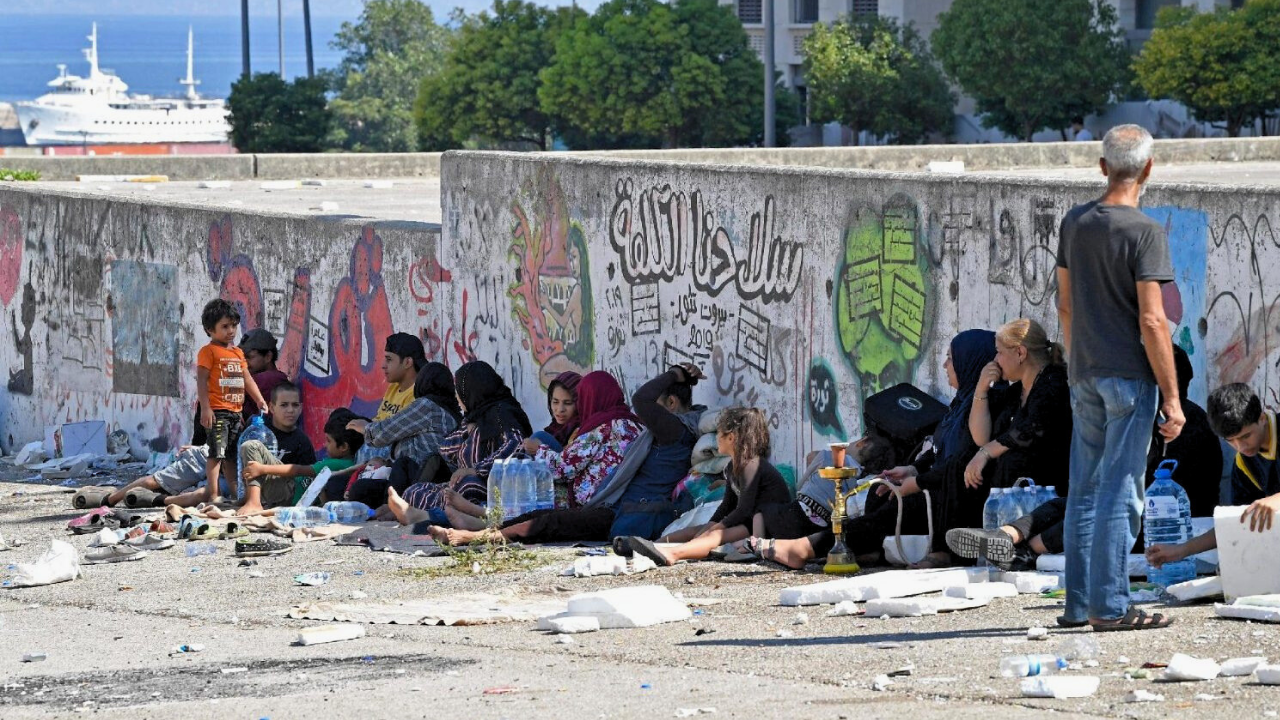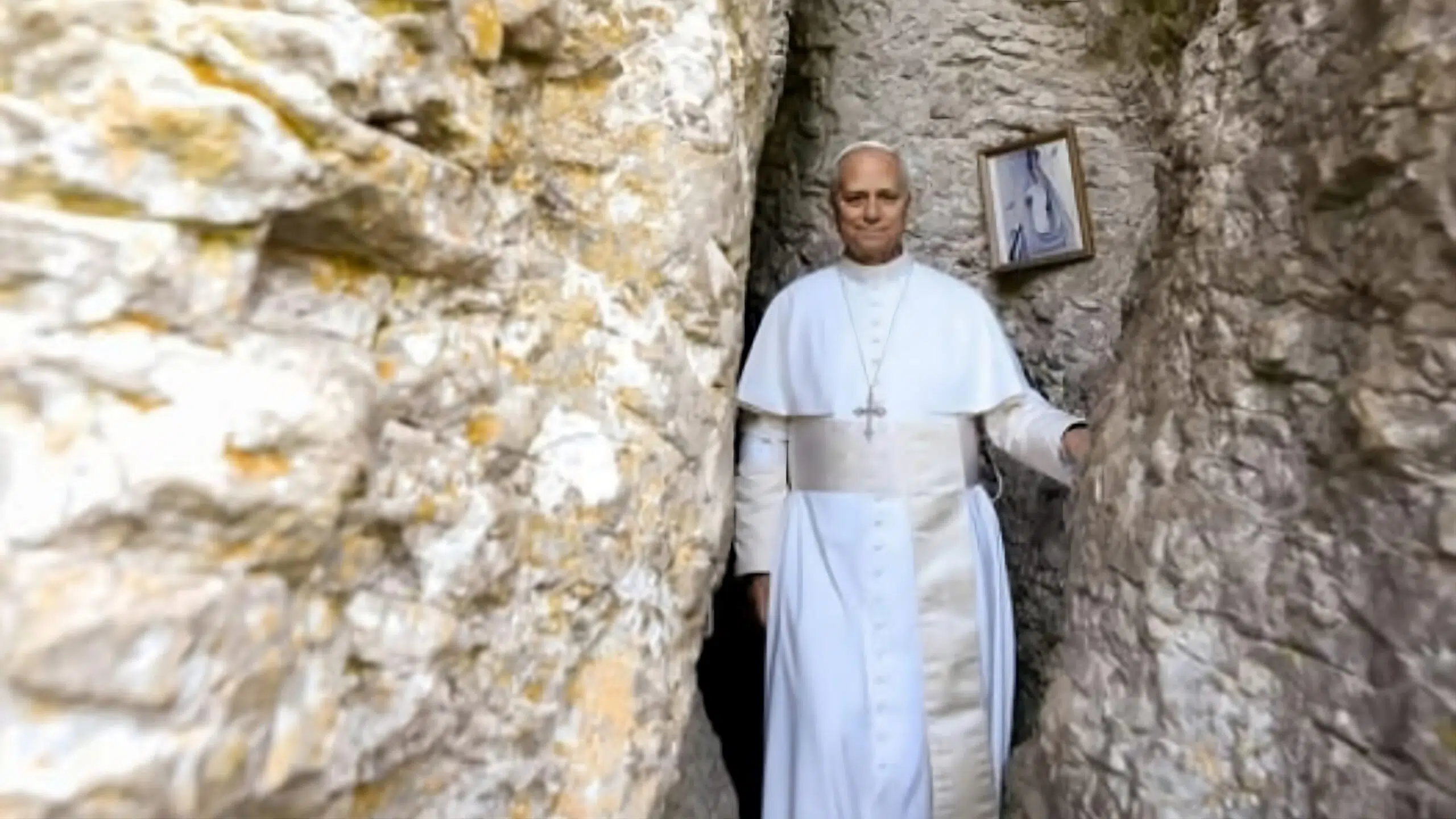Hungary is just one of the European countries struggling with falling demographics. Although fertility rates have increased from 1.23 to 1.49 in the past eight years, the problem of preserving its aging population still remains.
Many things in Hungary have changed in the past 10 years: female employment rate has increased from 50.2 percent to 62.3 percent, the number of marriages has increased by 42.4 percent and the number of abortions has decreased by 33 percent.
Hungarian Minister of State for Family Katalin Novák organized a forum for leaders from different countries to think, learn and discuss issues and solutions together.
KATALIN NOVAK
Minister of State for Family (Hungary)
“We spoke about not only the demographic challenges, but the possible solutions, through families, through family support.”
She also spoke about the family-oriented legislation in Hungary. In order to aid the declining population, Minister Novák says they have legislation that supports families and invests almost five percent of its GDP in family support.
Some of these policies include giving young married couples roughly $33,000 in aid, supporting loans to buy houses and reducing mortgage upon the birth of a couple's first child. Additionally, mothers of four or more children do not pay taxes, and the government also gives help to grandparents.
KATALIN NOVAK
Minister of State for Family (Hungary)
“We have a family-friendly mentality in Hungary. So we are trying to promote family values in Hungary and enable young people to have as many children as they want to have at the moment they want to have them.”
Minister Novák would like to lift the burden of financial strain on those having children, and empower young people in Hungary to have families. Although fertility rates have increased by 20 percent, she says there is still much work to do.
While in Italy, she visited with Cardinal Farrell to explain to him these measures put in place in Hungary.
Rachel Dobrzynski























